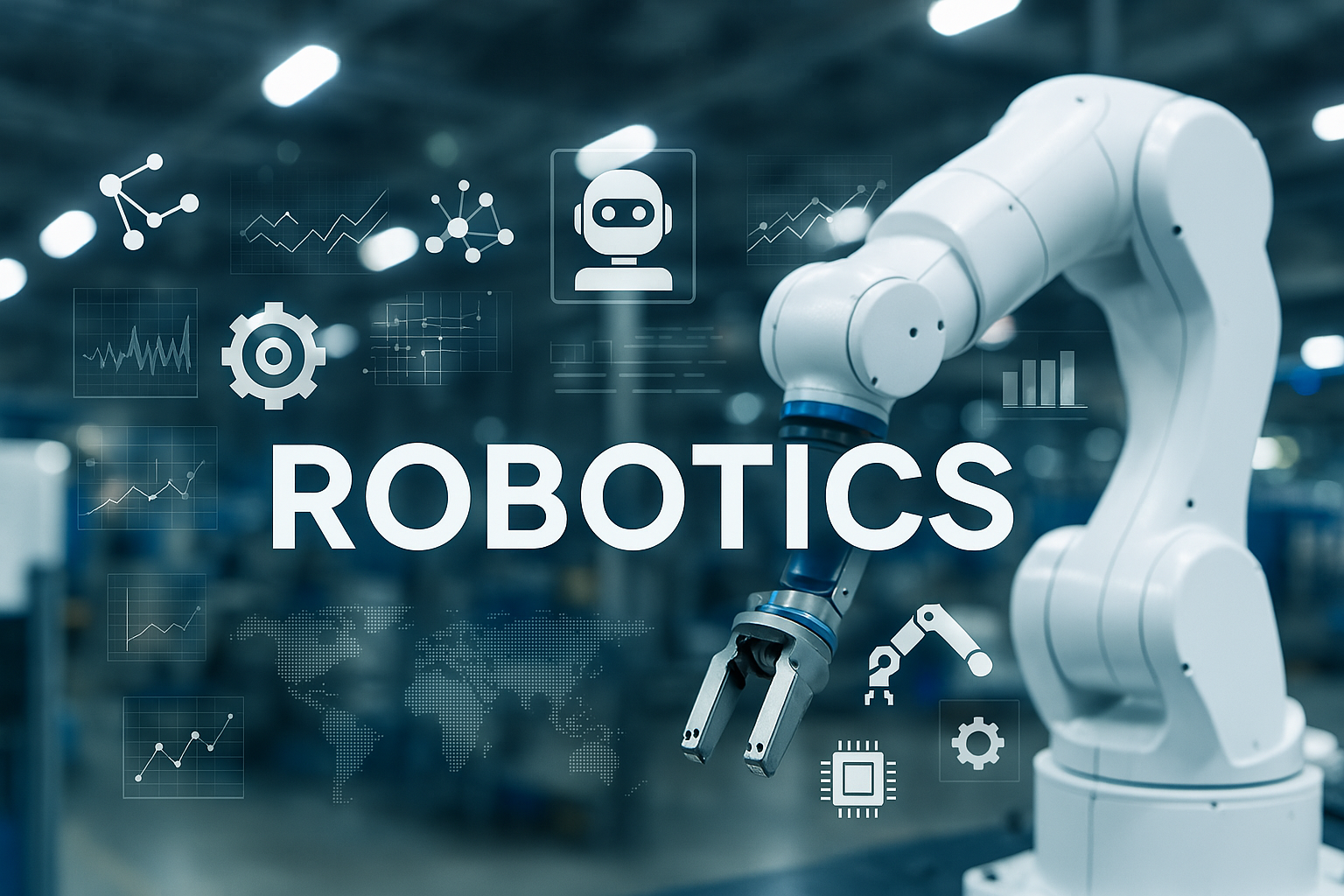Tag: Machine Learning
-
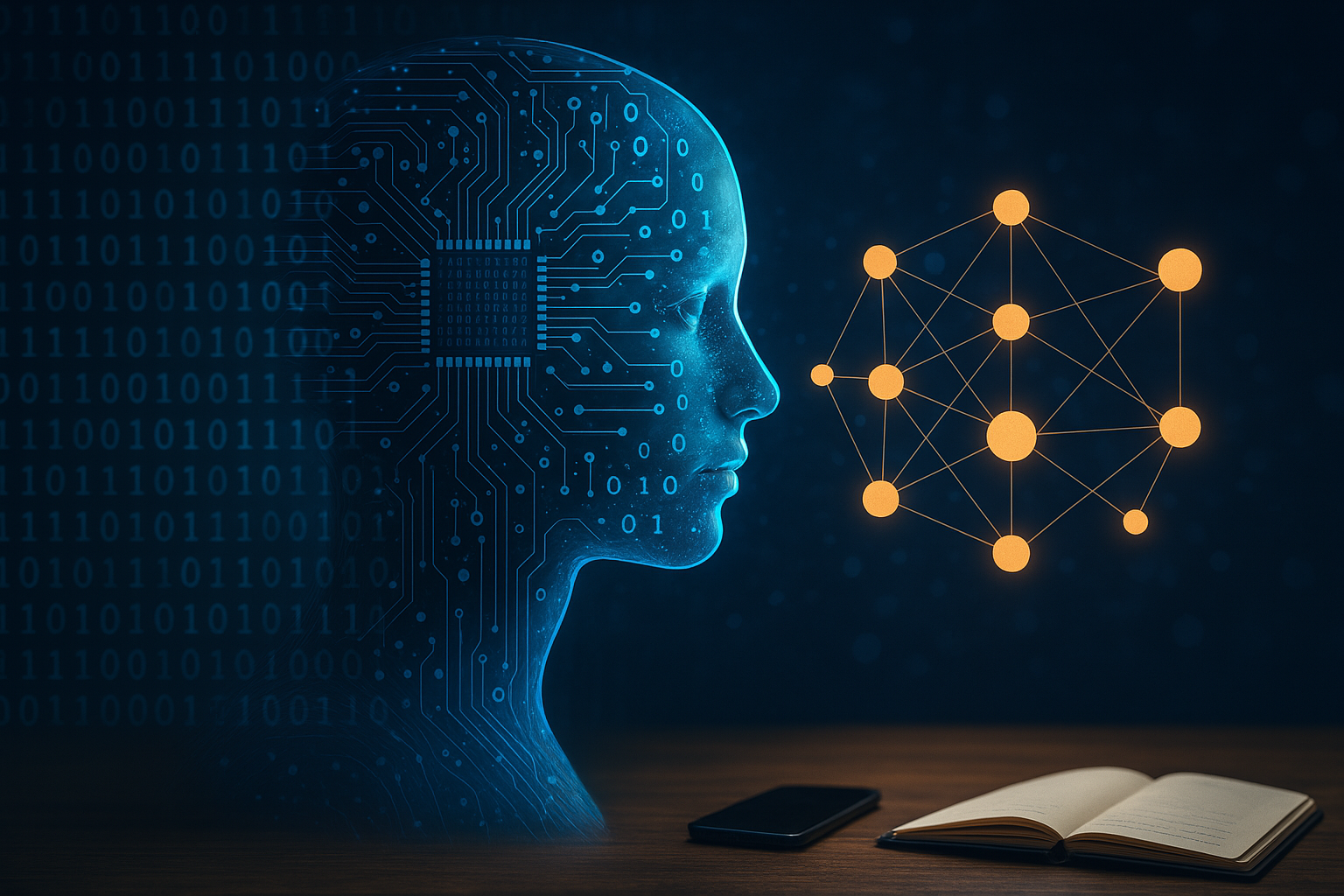
Machine Learning (ML)
Machine Learning (ML) is a subfield of artificial intelligence (AI) focused on developing algorithms that allow computers to learn from data and improve their performance over time without being explicitly programmed. In practical terms, a machine learning system automatically finds patterns in training data and uses those patterns to make predictions or decisions when given…
-
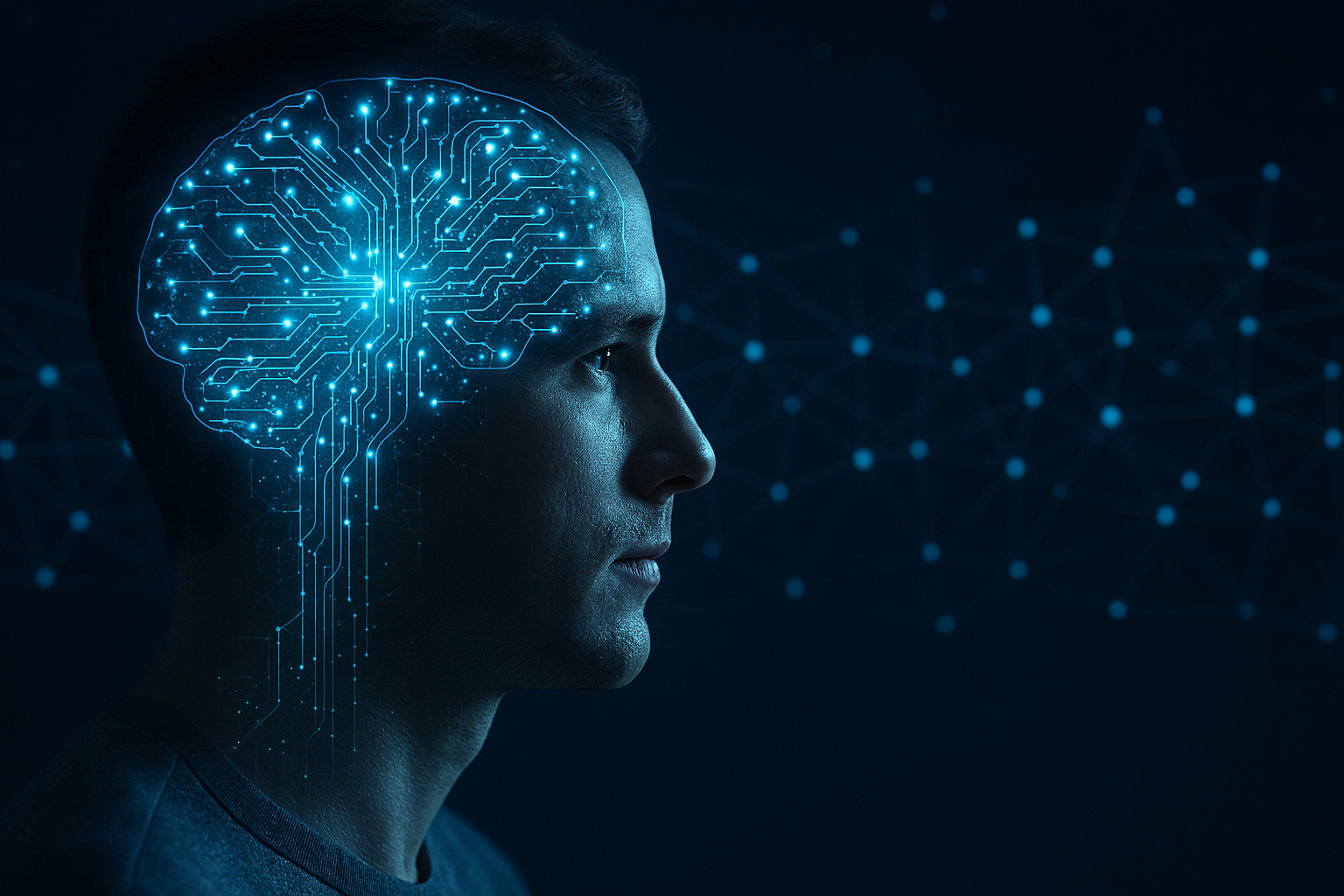
Deep Learning
Definition and Overview Deep Learning is a subfield of artificial intelligence and machine learning that focuses on using artificial neural networks with multiple layers (hence “deep”) to learn from large amounts of data. In simpler terms, it involves stacking many computational units (neurons) in layers so that a computer can automatically learn complex patterns and…
-
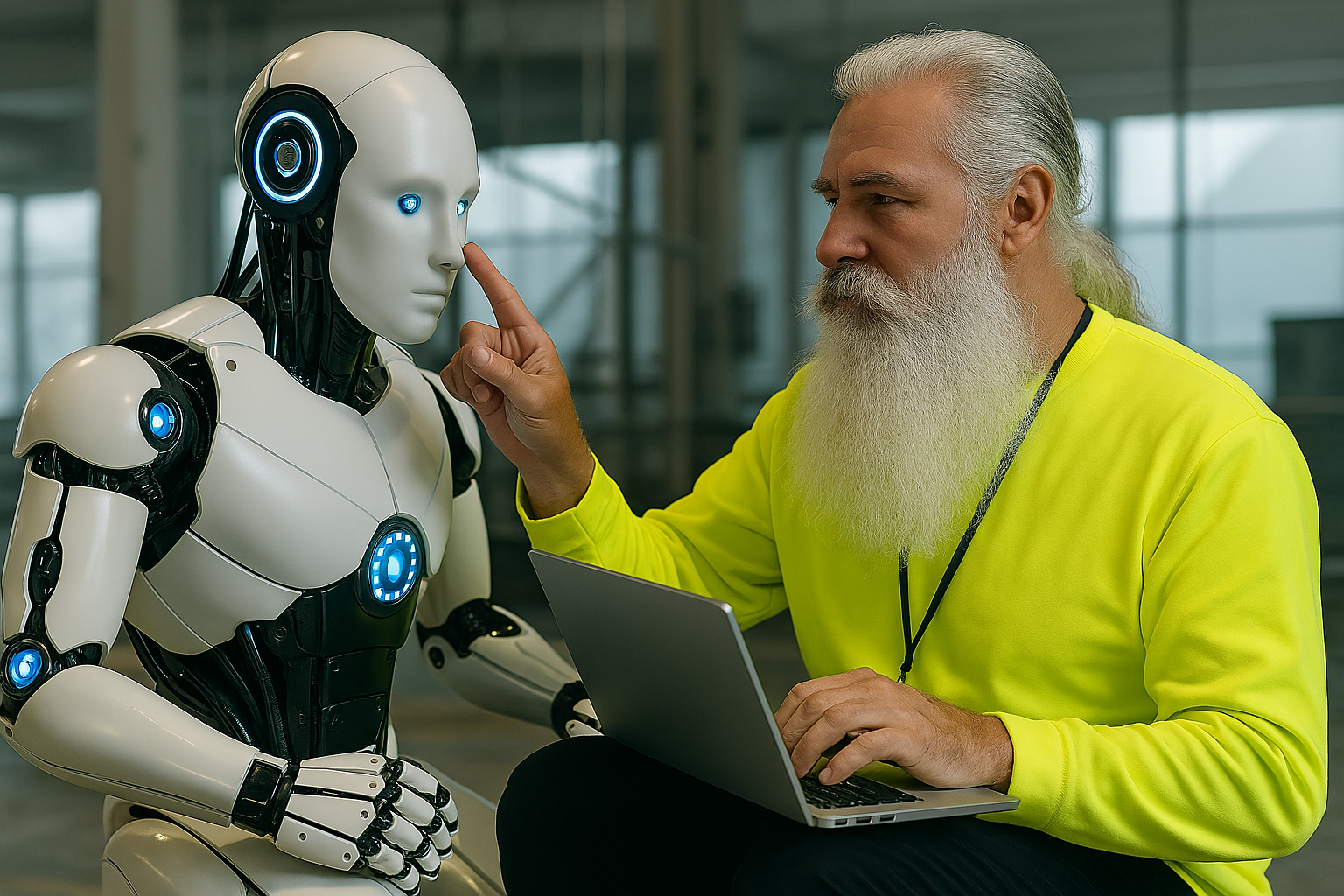
Human-in-the-Loop (HITL)
Human-in-the-Loop (HITL) refers to any system or process that integrates active human participation into an otherwise automated workflow or control loop. In an HITL model, a human operator is not just a passive observer but is involved in the operation, supervision, and decision-making of a computerized or autonomous system. The concept applies across multiple domains…
-
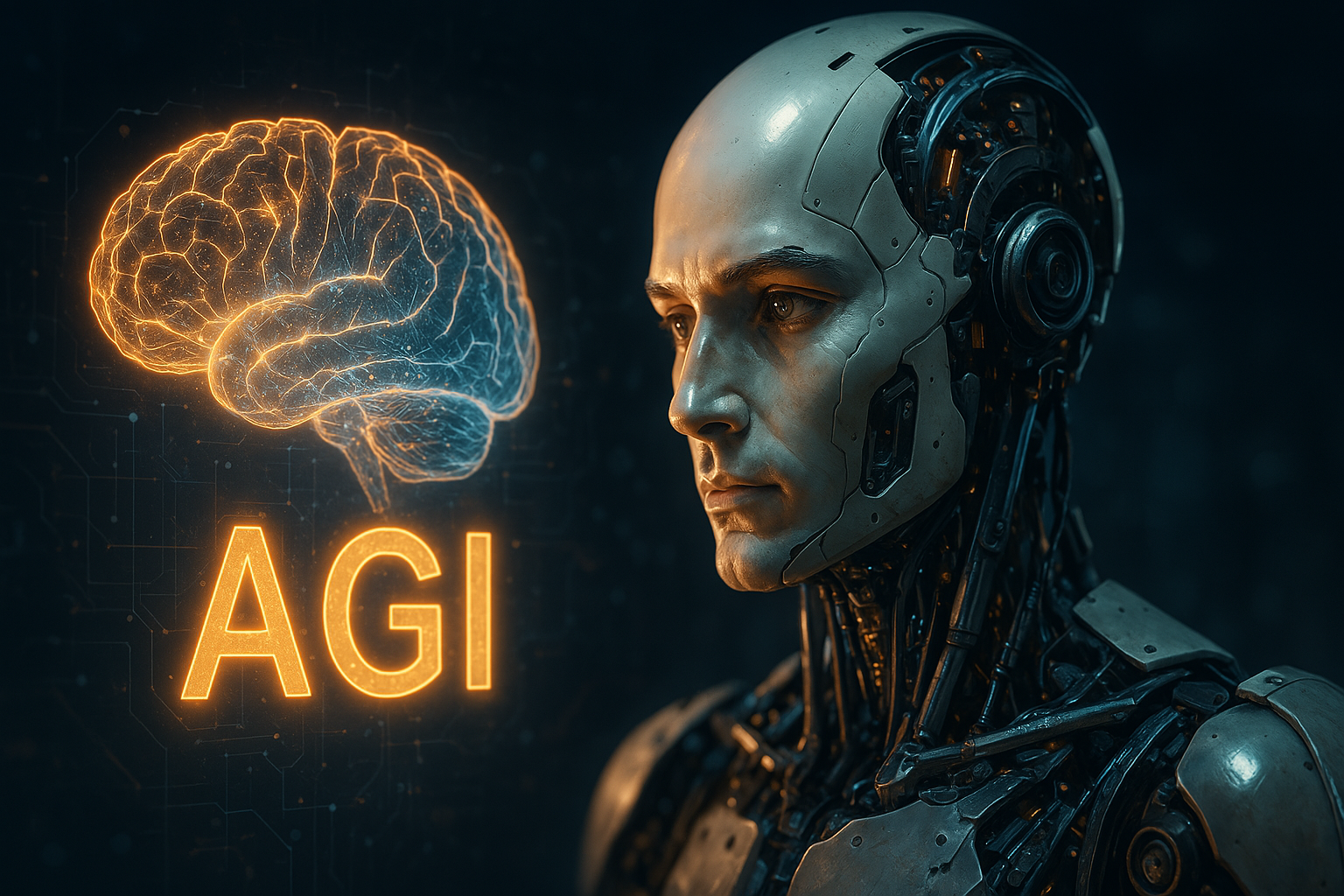
Artificial General Intelligence (AGI)
Artificial General Intelligence (AGI) is a concept in artificial intelligence (AI) referring to a hypothetical AI system that possesses broad, human-level cognitive abilities across diverse tasks and domains. In contrast to today’s “narrow AI” systems, which are designed to excel at specific tasks (like language translation or chess) but cannot generalize beyond their specialization, an…
-
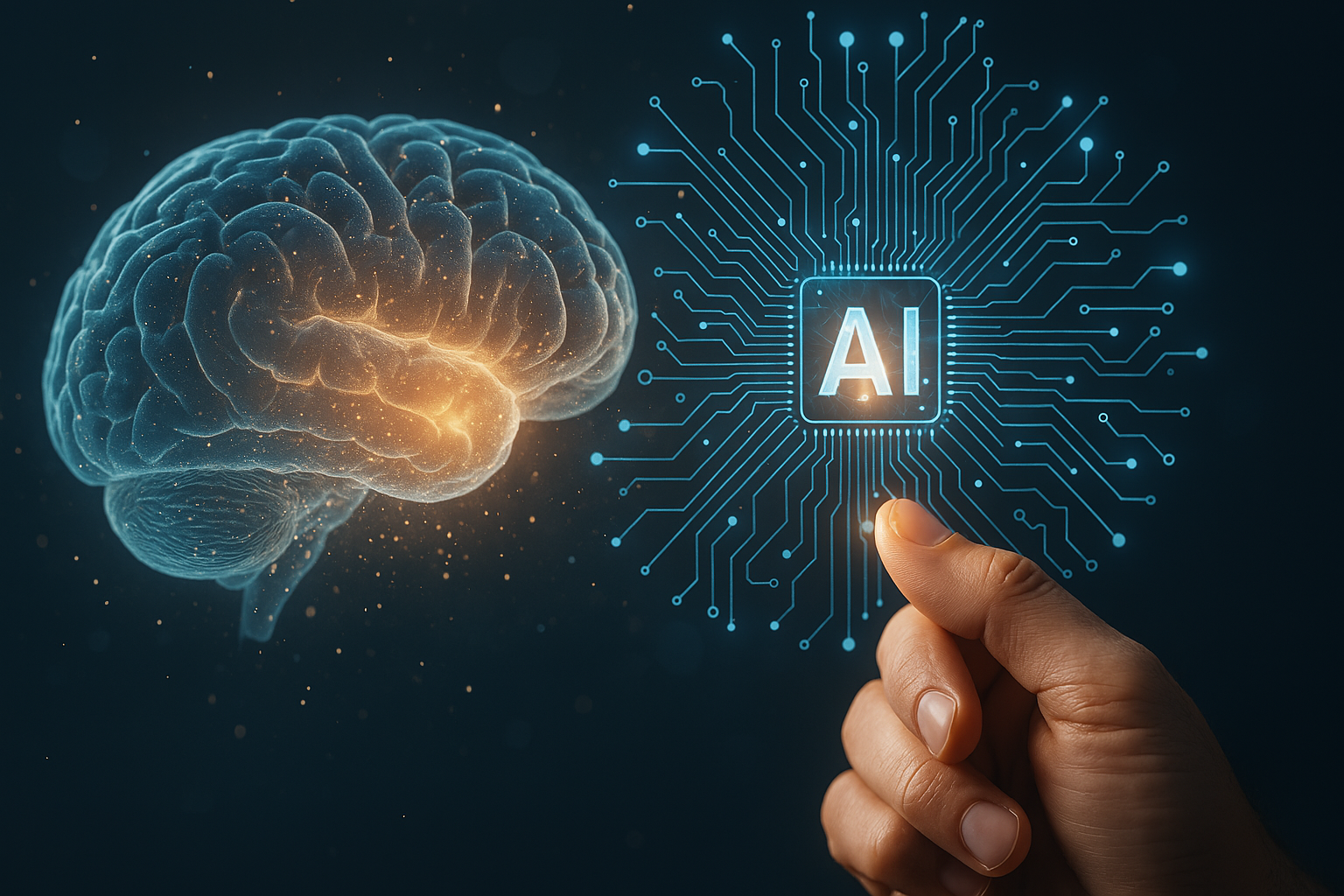
Generative AI
Generative AI refers to a category of artificial intelligence systems capable of creating new content – such as text, images, music, code, or video – that has not been seen before. Unlike traditional discriminative AI models that focus on classifying or predicting based on existing data (e.g. identifying if an image contains a cat), generative…
-
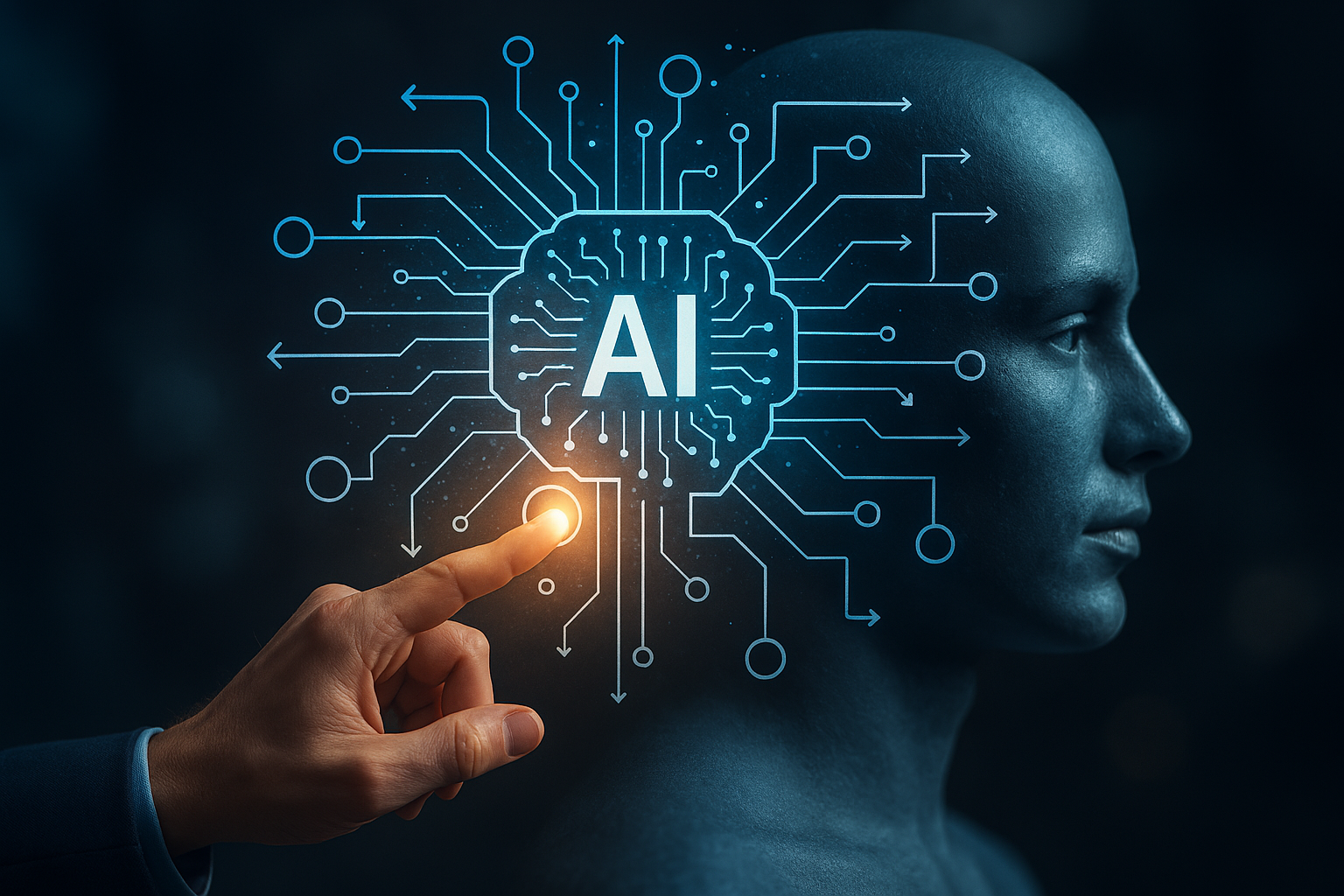
Inference (in AI)
Inference in artificial intelligence (AI) refers to the process by which an AI system draws conclusions or makes decisions based on available information, knowledge, or patterns, especially when facing data it has not seen before. In essence, it is the step where an AI applies what it has learned to new inputs, analogous to a…
-

Predictive Modeling
Definition and Overview Predictive modeling in the context of artificial intelligence (AI) is the process of using historical data and statistical algorithms (often powered by machine learning) to build models that can forecast future outcomes or unknown events. In simpler terms, a predictive model learns patterns from past data and predicts likely future behavior or…
-

Training Data (Artificial Intelligence)
Training data refers to the dataset used to teach an AI or machine learning model how to recognize patterns, make predictions, or take actions. It is the foundational information that the model learns from, enabling it to gradually improve its performance on a given task. In essence, these are example data points (which can be…

